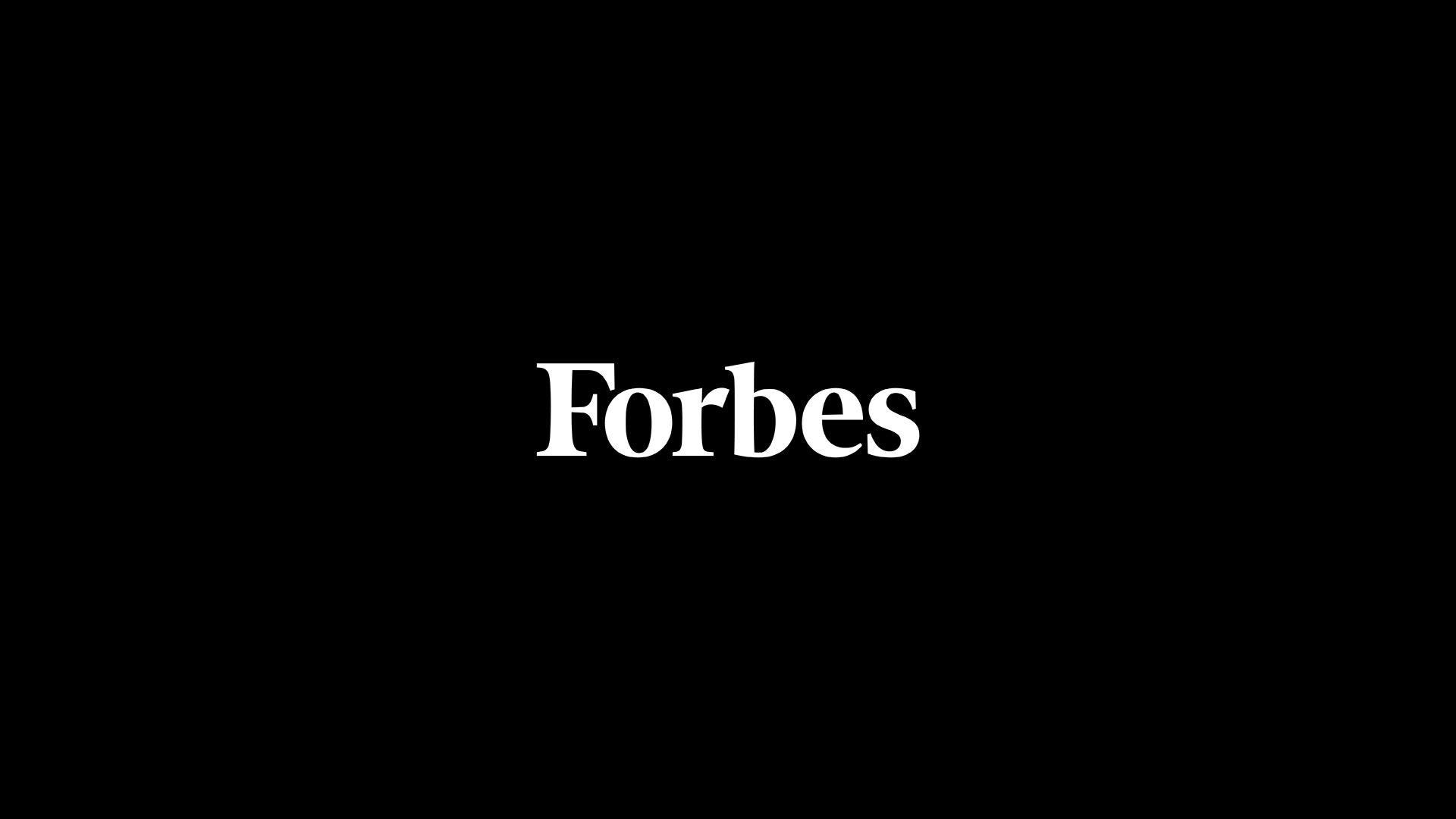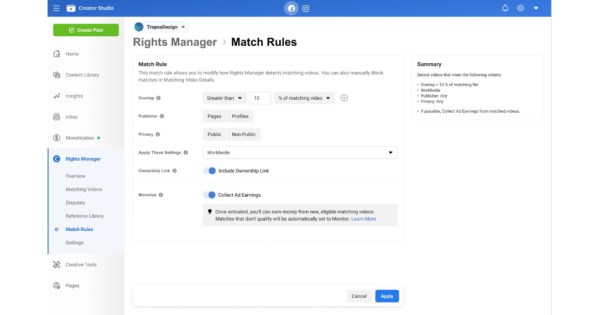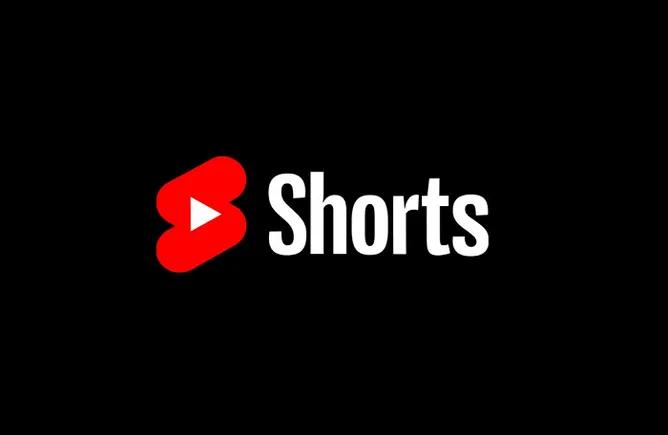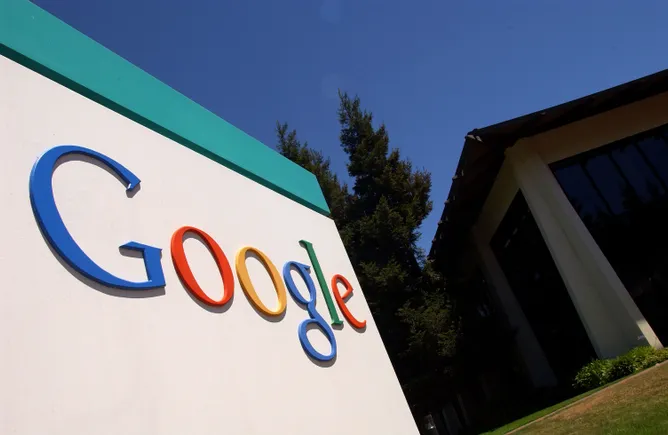On a popular beauty brand’s YouTube channel, its founder chats with a guest while testing new skin care products. In a TikTok video, a nonprofit entrepreneur shares her brand’s origin story while assembling care packages on camera. And, in an explainer video on Instagram Reels, a creator brings viewers into her process.
At first blush, these might not look like it but all are examples of video marketing. These videos sell a product or promote a brand in a unique way while making a personal connection with fans and customers—all without feeling like a sales pitch. Authentic content is part of a strategy that builds trust with audiences and ultimately compels them to buy.
Survey data shows 91% of businesses engage in video marketing—an all-time high. And it’s no surprise: online video is an effective part of a brand’s marketing strategy, with 87% in the same report saying the tactic has helped increase sales.
Ahead, discover how your brand can benefit from a video marketing strategy, the tools you need to create video content, and how you can leverage this marketing tool to grow audiences, improve brand awareness, and make sales.
What is video marketing?
Video marketing is the practice of using online videos to promote a business, brand, or product. This digital marketing approach is an increasingly popular addition to many brands’ overall strategies, as video is consumers’ preferred content format.
Video marketing involves brands using online video content to build audiences, grow traffic, and make sales. Pexels
Video marketing can take on many forms, from quick vertical videos popular on platforms like TikTok and Instagram Reels to highly produced short films telling a brand story. Popular formats for marketing videos include how-to videos, explainer videos, behind-the-scenes video content, unboxings, and customer testimonials.
Video content marketing is another term used to describe video marketing. It refers to the practice of content marketing (using content like photos, videos, written content, etc., to market a brand or product) specific to video content and video platforms.
What are the benefits of video marketing?
Video marketing has a leg up on static digital marketing formats, as it draws viewers into a brand with an immersive experience of motion and sound. Like your favorite film, video marketing uses music, storytelling, and beautiful visuals to set a scene and induce an emotion.
Video marketers often employ effective storytelling techniques to build brand affinity and trust—this ultimately gives consumers purchase confidence. For example, video reviews and testimonials are powerful because they show real people speaking about their experiences with a product or service. Customers can see themselves in these stories.
What to consider when developing a video marketing strategy
Successful video marketers understand their target audience before creating online video content. Pexels
Successful video marketers plan their strategies and content carefully before shooting any video footage. Even short-form videos like YouTube Shorts and Instagram Reels need to answer the brand’s “why.” Before you create video marketing content, ask yourself: who is this video for, what action do you want them to take, and how do you measure success?
Tick these boxes as you build your video marketing strategy.
Understand your audience
Your target audience is the specific demographic and customer persona you hope to reach with your video content. As part of your branding exercise, you have likely already defined this audience. If not, before you engage in video marketing, use market research, focus groups, and surveys to give you a better understanding of your target customer.
Create video content with this potential customer’s needs, wants, and challenges in mind. And remember, your audiences across social media channels may differ. Testing native video content and engaging with your followers will give you a better sense of the video style and content that performs best on each platform.
Set a budget
Videos with high production values can be costly, but the rise of vertical video formats popularized by TikTok is a win for new brands. With this low-lift format, it’s possible for any brand to get started with video marketing, regardless of budget.
If you are creating a produced brand story that will live at the top of your YouTube channel and on your About page, consider the costs of talent, production crew, video editing, and other post-production expenses. If you choose animated videos, consider the cost of motion designers and illustrators. It might be worth assigning a higher budget to a video that will establish your brand and get a ton of visibility.
An effective video strategy on social media sites involves creating consistent short-form content to keep audiences engaged.
Stay within your brand guidelines
The branding strategy you developed when you launch your brand should already inform many of your aesthetic choices as you build your video marketing plan. To create a consistent brand experience and help your brand get recognized across platforms and video ads, pull brand colors and style choices through all your video content.
You will likely need to make additional brand style decisions before you start producing video content. What music style best suits your brand? Is there a video style or filter that fits the feel you’re trying to create? Which cinematographers or post-production experts would you like to work with based on their portfolios? Successful video marketing is about capturing the right mood to evoke a specific feeling—work with professionals that can help you do just that.
KOI Footwear’s video aesthetic mirrors that of its brand, deliberately choosing fonts, video treatments, and colors that convey a vintage, eclectic vibe. Pexels
Have a clear message and call to action
A video becomes a video marketing tool when it has clear intent (or a call to action). Determine the feeling you want your audience to take away from your video content or the action you want them to take. This can be anything from learning more about your sustainability commitment to visiting your website and making a purchase.
Depending on your goals for each of your digital and social channels, the call to action may be to subscribe or follow. Whatever your goal, effective video marketing should compel a viewer to act.
Set goals
Similar to establishing a call to action, setting goals for your video content provides focus. Your goals should correspond to your call to action. If you’re asking viewers to sign up for your email list or subscribe to your YouTube channel, set a measurable target. Maybe your video marketing goals are tied to increasing sales, or you’re producing explainer videos to reduce support debt and increase customer purchase confidence. Again, set targets for these.
Without measurable goals, it may be challenging to determine the success of your video campaigns.
Define what success means
Having clear goals tied to your video marketing campaigns will help you define their success. As you experiment with marketing videos across social media and on your website, these results will help you focus on the type, length, format, and content that performs best.
6 types of video marketing formats
Demos are a popular type of video marketing asset that helps customers understand your product or service. Pexels
There are a number of video marketing formats your brand can use to attract customers. The examples below are some of the most popular, but depending on your product and industry, there are many other video marketing ideas you can consider. Experiment with different kinds of online video to see what resonates.
Here are six of the top video marketing formats to help you create videos for social media posts and content marketing.
1. Brand videos
Brand videos introduce an audience to a business’s products, mission, brand story, or the people behind the brand. This format is often used for YouTube marketing as a channel trailer or as an introduction on a brand’s website homepage or About page.
These video marketing assets aim to give potential customers a chance to connect with the brand based on shared values, or peek behind the scenes into a brand’s processes. Authenticity is key for this type of video content. Usually putting a face to the brand—say an ambassador or the founder—helps to deliver this authenticity and connection. Brand videos can be short films, founder AMAs (ask me anything), video blogs, or launch announcements.
Sustainable fashion brand Alohas takes its editorial photoshoots a step further, capturing models wearing its latest boots and accessories as they move. This video marketing approach establishes a specific lifestyle that customers can relate to or aspire to achieve.
2. Live videos
Livestreaming is a popular format used by video marketers across multiple social media platforms including Instagram, Twitch, and YouTube Live. This is a great option for brands looking to engage with customers directly through chat and live feedback.
On Facebook, live videos surpass pre-recorded videos in terms of engagement, especially for smaller brands, making this type of content a valuable addition to video marketing efforts.
Common content for video streaming includes AMAs, Q&A sessions, product demos, how-to videos, and other educational videos.
Hercules Candies built a massive following using video marketing on YouTube with live video content. It brings customers inside its candy-making process with live videos shot behind the scenes.
3. Testimonial videos
Video testimonials and reviews are powerful assets you can use across product pages and other parts of your website and social media to help influence customers to buy. These video marketing assets feature a real person discussing the product or service and adding tone, nuance, and a physical demonstration that written reviews lack.
Brands can ask customers to provide testimonials in video content, use video interviews to poll customers in-store, or share customer-generated video reviews on social channels.
This is an authentic and effective video marketing strategy employed by brands like period underwear company Thinx.
4. Educational videos
Educational videos refer to any type of video that imparts knowledge: a quick how-to video, a longer step-by-step tutorial, or a full-length online course. These types of video can be an effective part of a content marketing strategy. You can gain organic traffic to your social media channels or website, capturing people looking for educational content.
As part of your video marketing strategy, develop educational videos around topics that relate to your brand and your target audience’s interests. For example, if you sell hair products, partner with a beauty influencer to create hairstyle tutorials that incorporate your products.
Friday Pattern Company invests in a video content marketing strategy to promote its products. Friday Pattern Company
Sewing pattern brand Friday Pattern Company produces engaging YouTube video content relevant to sewing, including “sew along” sessions that walk a viewer through a project. These help capture organic internet traffic and keep the brand top of mind when the viewer is looking to buy patterns.
On TikTok, SmartSweets uses a popular video content format to cut together quick educational DIY recipes using its candies. These short-form video marketing assets not only feature the product or service, they also offer value to viewers looking for recipe ideas.
5. Product demo or unboxing videos
Launching a new product or collection is a big deal. Why not create a video marketing campaign to celebrate? A product demo video can, though, do more than just announce a new product. It can also help a potential customer see the product from multiple angles, watch it being used or worn, and learn more about its features.
Certain products that require technical knowledge or have complicated set-up instructions are perfect candidates for this type of video marketing. Try live video streaming and short-form videos to use on social media, or slick edited videos that can be embedded directly on product pages.
Crayola uses video content marketing to launch its new products through product videos featuring kids demonstrating their features.
6. Explainer videos
Explainer videos go beyond a quick demo or unboxing. These are often longer videos that dive deeper on a topic or an aspect of a product. Sometimes these also take the form of a listicle video or help bust a myth related to the brand’s industry. While this is helpful video content for existing customers, it also increases purchase confidence for those considering your product.
You may also decide to use video content to drive organic traffic using relevant keywords. If your brand sells hiking boots, for example, create a video round up of the “best hiking boots,” including yours in the mix.
Snow Peak USA uses explainers to help its customers enjoy the great outdoors by offering longer videos that explain the ideal camp set up or the secrets to making the perfect pot of coffee in nature. While they aren’t overtly “salesy,” the videos naturally feature products you can buy on the brand’s website.
7. Behind the scenes videos and vlogs
People often watch online videos to connect with creators and brands. The best way to reach this audience is through video marketing campaigns built around authentic content. An engaging video doesn’t necessarily need to be a high quality video. Vlogs and behind-the-scenes content are designed to be personal, not polished.
Slime influencer Angelina Ly built her audience through video marketing. Now she’s running Firefly Slime full time and regularly posting online videos to her huge following. Some of that content includes video footage that peeks behind the scenes, like this TikTok that takes her followers through her order-packing process.
Then I Met You and SOKO GLAM founder Charlotte Cho often appears in video blogs and other types of brand video to tell her personal story.
Video marketing tools
Digital video can be created with minimal equipment and tools. If you’re trying to break into video marketing, you can get started with a smartphone and a free YouTube account. But there are also tools on the market that can help you with video planning, the video creation process, and the post-production process, including video editing.
Video and audio equipment for online video production
Investing in a few key pieces of video creation equipment can take your video content marketing to the next level. Some items to consider for new video marketers include:
DSLR camera and appropriate lenses
Simple lighting kit, including light stands
Portable ring light
Camera or smartphone tripod
Photo backdrop
Professional audio recorder
Professional microphone
Some of this video equipment can also serve other purposes. The lighting kit, tripod, and backdrop, for example, would come in handy for product and lifestyle photoshoots for your digital lookbook.
Video marketing can be made easier with a few simple tools, like a tripod for your smartphone that lets you create how-to videos hands-free. Pexels
Video marketing apps and software
There are apps and tools—both free and paid—that may be valuable to you if you plan to invest in video marketing. These can simplify the process of editing online videos, making them accessible, and measuring their success.
Video editing tools like Apple iMovie or Adobe Premiere Pro
Captioning tools
Transcription tools
Video marketing analytics tools
Video marketing tools in the Shopify App Store, including apps like Promo Video Maker, Video Ad Machine for Facebook and Instagram, and Vidjet for shoppable videos.
Video marketing hosting and distribution
When producing online videos, consider the formats and platforms that will reach your target customer. Internet users are more often consuming video content in vertical format on mobile. Pexels
Matching the right content to the right platform is key to maximizing views. Your audience and its expectations may differ by platform. Experiment with multiple types of video content to help you hone your video marketing strategy across channels.
Distribution for video content marketing
A key component of any video content marketing strategy is a distribution plan. There are three broad types of distribution channels, which can then be split even further by platform, where user demographics and behaviors vary. These three channels are:
Owned. Owned channels are directly operated by your brand, including your website, blog, email, newsletters, and social media platforms. Hosting and domain costs aside, owned media distribution is free. You can embed videos on the relevant pages on your website, including homepage, product pages, and landing pages.
Paid. Video ads, like those that play during a YouTube video, are a type of paid media. They can be placed on paid social media channels like Instagram, Linkedin, Facebook, or Twitter.
Earned. Any third-party distribution that you did not contract or pay for is considered earned, whether it’s inclusion in a blog post or a retweet from a prominent influencer. Unfortunately, it’s almost impossible to plan for earned media, since it’s up to the media company’s or influencer’s sole discretion whether or not they will pick up your video.
Where to host your video content
Here are some video marketing platforms and social media sites where you can host your marketing videos.
Facebook is still the most popular social media site in the world, based on number of users. That doesn’t, however, mean it’s best for every brand. The platform is used less by younger users and therefore, brands trying to reach Gen Z and younger audiences should consider platforms like TikTok and Instagram. However, Facebook can be a beneficial video marketing tool for brands that can deliver the right video content to the right audience.
If you plan to run video ads, consider that most people consume Facebook content on mobile, with 68% using the platform exclusively this way. As such, vertical video format via Facebook Stories is becoming more popular for Facebook video ads. Facebook’s own research shows that 50% of users like to be introduced to new products through Stories, and 46% want brands to use the product for tips and advice.
Instagram is a popular platform for consumers to discover and engage with brands. As with its sister product, Facebook, short-form vertical video content (called Reels and Stories) has become more popular for video marketing and video ads.
Instagram also supports both longer formats for videos up to 10 minutes long. Hashtags and sponsored influencer posts are particularly effective in getting the word out about a business.
As more digital video users consume video content on mobile, consider creating video content for products like TikTok and YouTube Shorts. Pexels
TikTok
TikTok is the fastest-growing media company, as of 2022. For brands, the video-based social media platform offers plenty of bang for your video marketing buck—it has the highest engagement rate among all mobile social apps, with users spending an average of 95 minutes per day using TikTok.
With only 35% of businesses polled in one survey citing TikTok as a platform where they advertise, there’s plenty of room for brands to stand out. Here, authenticity is more important than polish. That’s why influencer marketing with video content can be an effective way to reach audiences. Brands that can jump on trending sounds and memes can also capture attention on TikTok.
Running a video marketing campaign on TikTok is a great way to appeal to Gen Z or Gen Alpha consumers.
Linkedin may be an effective video marketing tool if you run a B2B company (Linkedin is considered the best social platform for this purpose) or you’re hiring for your startup. This can also be the ideal social media platform for influencers and creators building a personal brand and attracting clients and brand partnerships. Use short-form, mobile-optimized video to tell your story.
YouTube
After Google, YouTube is the second-most-popular website in the world. It is considered a search engine as much as a social platform, with many brands benefitting from organic traffic. A solid SEO and content marketing approach can help your brand videos appear in search results both on YouTube and Google.
Content and format is varied on the platform, but with mobile use on the rise, and the popularity of TikTok-style content, brands should consider experimenting with YouTube Shorts. The YouTube algorithm favors channels with consistent video uploads and content with targeted SEO keywords, trending topics, and broad appeal.
Vimeo
Vimeo is another popular video-hosting platform, but is used less for attracting fans and more by professionals looking for specific technical features like customization, the ability to upload higher quality videos, and more nuanced privacy settings.
This is a great platform for creators and professionals producing videos with high production values like demo reels, video lookbooks, and brand documentaries. Vimeo is often used for embedding video marketing assets on websites.
What about video ads?
Digital video ad spend in the US is expected to reach $134.5 billion per year by 2026. Where you choose to engage in paid video marketing depends on your brand, content, and audience.
For example, YouTube has multiple options for ads, including traditional non-video marketing ads. And the video platform’s robust ad targeting capabilities allow you to reach niche audiences.
On TikTok, you can pay for in-feed ads that appear seamlessly with organic content as users scroll. According to TikTok, users on the platform are 1.5 times more likely to immediately purchase a product they discovered in their feed.
Learn more about how video ads work on each social media platform, including costs, ROI, types of ads and how to get started:
Your brand needs video content in 2023
Digital video content can live across your website or in social media posts. Create video posts that reach internet users on an emotional level. Pexels
It’s clear that video is the way of the future. Video dominates the largest and fastest-growing platforms from YouTube to TikTok, with more and more brands jumping on video marketing as part of their strategies to reach customers.
As competition increases in this space, it’s important for video marketers to consistently evaluate their campaigns and content. Stay abreast of trends and be nimble with your approach to provide the video content audiences are looking for. And remember, the best video marketing doesn’t feel like marketing—make personal connections with audiences and engage in an authentic way that reflects your brand values.
Video marketing FAQ
Is video a good marketing strategy?
Yes, video marketing is a good strategy as part of a brand’s overall marketing plan. Platforms like TikTok continue to grow in popularity and YouTube remains strong as the world’s second-most-popular website. Showing up in these places with the right video content for the right audiences can be an effective way to grow a brand. In fact, 92% of marketers surveyed reported that video marketing gives them a good return on their investment.
What are examples of video marketing?
Some examples of video marketing include online videos like:
Explainer videos: Explainers videos are used to offer value to viewers on a topic, specific feature, or use case for a product or service.
Demo videos: Demos show a product in use and increase customer confidence.
Educational videos: Tutorial and how-to videos can help capture organic traffic and offer value to a viewer. A video marketing campaign targeting high-traffic keywords with helpful content could be effective for some brands.
Customer testimonial videos: Product reviews increase trust through real experiences of customers who’ve used the product.
Brand videos: These video marketing assets use storytelling to highlight a brand’s origin story, mission, and personality.
Livestreaming: Live videos are a great way for brands to use video marketing to connect directly with fans on social media.
Why is video so effective in marketing?
Video marketing is effective because it is engaging and can capture attention quickly through visuals and sound. More than a static photo, a video can use multiple devices like music and video treatment to convey a mood and brand aesthetic.
Video content can be used to convey complex messages in an understandable way and promote and demonstrate products and ideas more easily. Video marketing is often used as an effective driver of organic traffic, as keyword-optimized video content can appear in search results. And, video ads on YouTube and other social media platforms have massive reach.
What is video content marketing?
Video content marketing is the creation, distribution, and use of original videos to promote your brand. Your video marketing strategy can include the production of organic content, such as explainer videos or product demonstrations, or traditional video ads, or both. Video content marketing relies on original video content, which involves shooting and editing video footage for your brand. Once it’s ready, video content can be distributed on websites, via email, on social media platforms, or through paid advertising.
How do I get started in video marketing?
The first steps to getting started in video marketing are:
Create a video strategy: Before you begin creating video content, you will need to set up a strategy for your video marketing efforts. This should start with your target audience, goals, content preferences, and a set of brand guidelines that will keep your video marketing efforts consistent.
Choose your video platforms: Experiment across several video and social media channels or choose one that is right for your business and budget.
Create compelling content: Produce content that achieves your video marketing goals and appeals to your target audience.
Launch your video marketing campaign: Hit publish and watch the magic happen!
Promote your videos: Push your video content to your followers on other social media channels and run video ads to get more reach.
Track your results: Measuring and tracking your video marketing campaign will help inform your decisions going forward.









